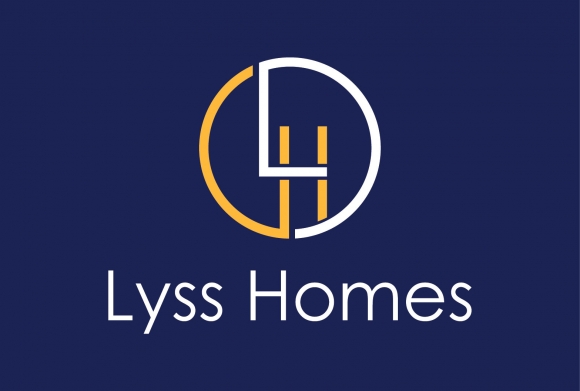
Are you familiar with the leasehold reforms?
Prime Minister Rishi Sunak called for a general election to be held on July 4, resulting in the dissolution of Parliament. In the rush to finalise legislation before the election, several new laws were enacted during the brief ‘wash-up period.’ Among these is the Leasehold and Freehold Bill, a significant piece of legislation aimed at improving the rights and protections for leaseholders and freeholders alike.
Key Provisions of the Leasehold and Freehold Bill
The new law introduces a range of measures designed to make it easier and cheaper for leaseholders to buy their freehold, extend their leases, and challenge unreasonable charges. Here are some of the most notable changes:
-
Easier and Cheaper Freehold Purchase:
- The Act makes it simpler and less costly for leaseholders to buy their freehold, giving them greater security and control over their homes.
-
Extended Lease Terms:
- Standard lease extension terms have been increased to 990 years for both houses and flats. This change significantly extends the previous terms of 50 years for houses and 90 years for flats, reducing the need for future lease extensions and the associated costs.
-
Service Charge Transparency:
- Greater transparency over service charges is mandated, requiring freeholders and managing agents to issue bills in a standardised format that can be easily scrutinised and challenged by leaseholders.
-
Right to Manage and Enfranchisement:
- The Act makes it easier and cheaper for leaseholders to take over the management of their buildings, allowing them to appoint their own managing agents.
- It also removes the requirement for leaseholders to pay their freeholders’ costs when making enfranchisement claims, lowering the financial barriers to securing their property rights.
-
Redress Schemes:
- Freeholders who manage buildings directly are now required to belong to a redress scheme, extending the protections previously afforded only to leaseholders managed by agents.
-
Sale of Leasehold Houses:
- The sale of new leasehold houses is banned, except in exceptional circumstances, ensuring that most new houses in England and Wales will be freehold from the outset.
-
Buildings Insurance Commissions:
- The Act ends the practice of excessive and opaque building insurance commissions for freeholders and managing agents, replacing them with transparent and fair handling fees.
-
Right to Extend a Lease or Buy Freehold:
- The two-year ownership requirement for leaseholders to extend their lease or buy their freehold has been removed, allowing new leaseholders to act immediately.
Additional Benefits for Homeowners
The Act also extends its benefits to freehold homeowners on private and mixed-tenure estates, granting them the same rights to challenge unreasonable estate charges and access comprehensive redress mechanisms. This includes:
-
Right of Redress:
- Homeowners can now challenge the reasonableness of estate charges and demand greater transparency from their estate managers.
-
Improved Leasehold Transactions:
- The process of buying or selling a leasehold property has been streamlined, with new regulations setting maximum times and fees for providing essential home buying and selling information.
Addressing Longstanding Issues
The Leasehold and Freehold Bill addresses several longstanding issues in the housing market. For instance, it scraps the presumption that leaseholders must cover their freeholders' legal costs when challenging poor practices, which is a significant deterrent for many. The increase in the commercial floor space limit from 25% to 50% for buildings to qualify for Right to Manage or collective enfranchisement enables more leaseholders to take control of their properties.
While the bill makes significant strides, it falls short in some areas. Plans to remove ground rent or cap it at £250 have been dropped, leaving a financial burden on leaseholders. However, the overall impact of the Act is a positive step towards fairer and more transparent housing practices.
Looking Ahead
The Leasehold and Freehold Bill represents a crucial development in the effort to reform the housing market in England and Wales. By making it easier and cheaper for leaseholders to secure their homes and by extending similar rights and protections to freeholders, the Act aims to create a fairer, more transparent housing system. As the general election approaches, it remains to be seen how these changes will be implemented and whether further reforms will follow. Homeowners and housing advocates will undoubtedly be watching closely to ensure these new provisions deliver on their promise of enhanced rights and protections.
Want to sell or let your property ?
We are estate agents and letting agents in Leytonstone, E11 and we are specialists in the East London property market. Request a free valuation and one of our experts will get in touch with you to discuss how we can help you.


